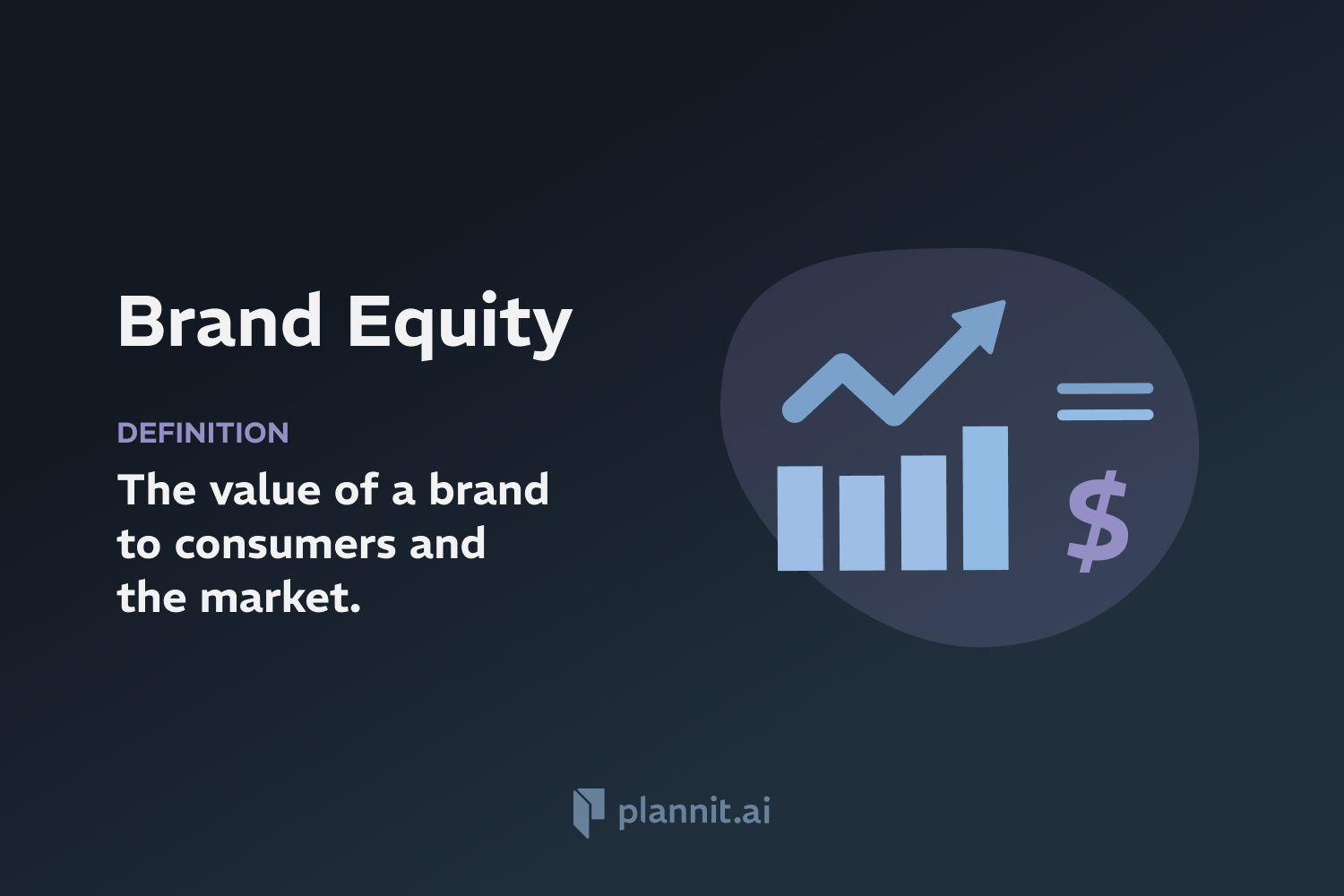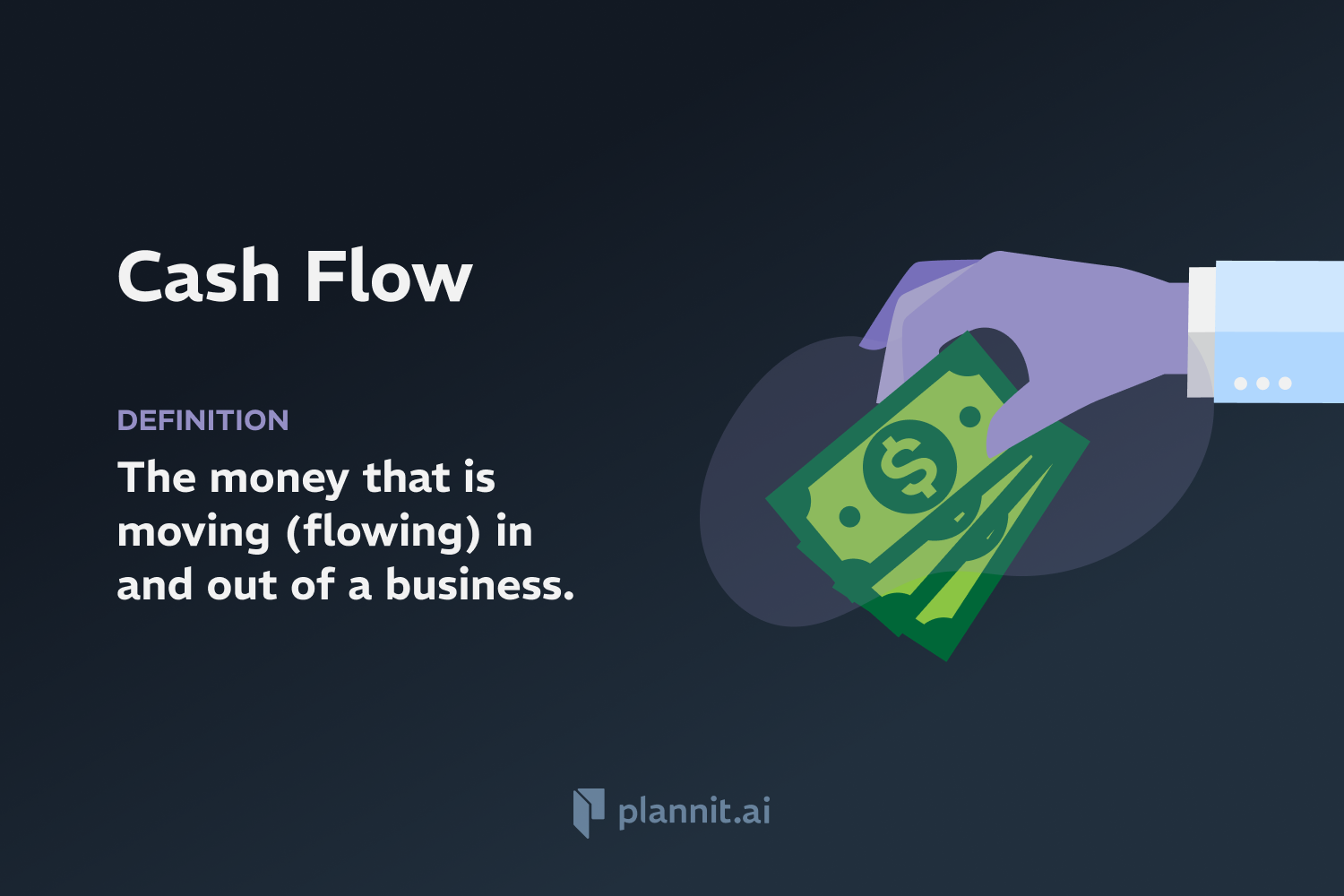Need Help With Your Business Plan?
Answer tailored questions and get a detailed business plan in minutes.
Brand Equity: Definition & In-Depth Explanation

Brand equity refers to the value and strength of a brand that shapes its reputation and dictates consumer loyalty. It stems from customer experiences, perceptions, and associations with the brand name. High brand equity contributes to customer preference and, in many cases, allows companies to command premium pricing. Brand equity is crucial for businesses across various industries as it directly influences sales, customer retention, and profitability. It is a significant asset in marketing strategies, focusing on enhancing brand visibility, credibility, and customer satisfaction.
Purpose:
The purpose of building brand equity is to establish a positive brand image that attracts and retains loyal customers by delivering consistent value. Strong brand equity enhances marketing effectiveness, increases customer loyalty, creates an emotional connection with customers, and can provide a competitive advantage by differentiating a company’s products or services from its competitors. Ultimately, brand equity is a critical driver of business success and long-term profitability.
Example:
Consider a globally recognized brand like Apple, which has substantial brand equity characterized by customer perceptions of innovation, high quality, and excellent design. This strong brand equity allows Apple to charge premium prices for its products and maintain a loyal customer base that is often willing to purchase new products shortly after they are released.
Related Terms:
Brand Recognition: The extent to which a brand is recognized by potential customers, and is correctly associated with a particular product. Expressed usually as a percentage of target market, brand recognition is the primary goal of advertising in the early months or years of a product's introduction.
Brand Loyalty: The tendency of some consumers to continue buying the same brand of goods rather than competing brands.
Brand Management: The analysis and planning on how that brand is perceived in the market. Developing a good relationship with the target market is essential for brand management.
Customer Equity: The total combined customer lifetime values of all of the company’s customers.
FAQs:
How is brand equity measured?
Brand equity is measured through several methods, including financial metrics (such as the price premium a brand can command over a generic product), brand perception surveys, and market share analysis.
Can negative events affect brand equity?
Yes, negative events such as public relations crises or product failures can significantly damage brand equity if not managed properly. Recovery can require extensive 2marketing and reputation management efforts.
Is brand equity more important in some industries than in others?
Brand equity is important across all industries, but it is particularly crucial in sectors where products are highly differentiated and brands play a major role in consumer decision-making, such as fashion, technology, and luxury goods.
How does a company build brand equity?
Building brand equity involves delivering consistent product quality, maintaining a strong customer service reputation, engaging in effective marketing and advertising, and ensuring positive customer experiences.
What are the benefits of high brand equity?
High brand equity enhances customer loyalty and advocacy, allows for premium pricing, increases market share, and improves the overall financial performance of the business.
Get funding with a business plan that will impress investors.
Starting a New Business?



